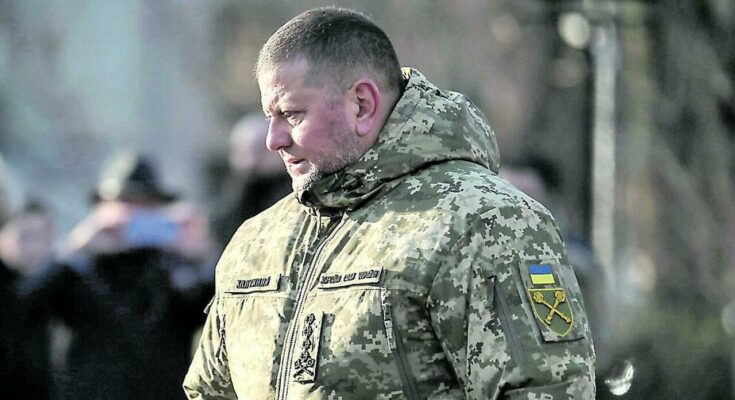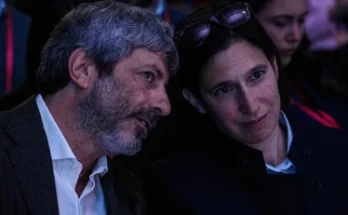Behind the sabotage that blew up the Nord Stream 1 and 2 gas pipelines in the Baltic Sea in September 2022, forever cutting off Russian gas supplies to Germany, there were no Russian or Western mercenaries or conspiracies, but the Ukrainian state. German federal investigators reached this conclusion after three years of investigation, as reported by the Wall Street Journal.
The action
The operation would have been led by the commander of Kiev’s armed forces at the time, General Valeriy Zaluzhny, now ambassador to London and President Volodymyr Zelensky’s main political opponent. A change that shakes Europe’s balance and weakens unconditional support for Ukraine. According to WSJ, Potsdam police have reconstructed the entire sabotage chain of command. This would be an “elite Ukrainian military unit” acting “under the direct supervision of General Zaluzhny”. The aim was to reduce Moscow’s oil revenues and “economic ties with Berlin.” For German agents, this was not an individual act, but rather a state military mission. The group of saboteurs (three soldiers, four divers) would travel from Rostock on the yacht Andromeda to plant the explosives. The turning point in the investigation came from a black and white photo: the face of a diver, captured by a German speed camera and identified within minutes with facial recognition software. From there the detectives traced it back to a network of fake passports but real people, typical of Kiev special services operations. The alleged coordinator of the blitz, former SBU officer Serhii Kuznietsov, was arrested in Italy on August 22 thanks to a “silent warning” placed on his passport by German police. Locked up in Ferrara prison, on hunger strike against conditions of detention, Kuznietsov awaited the Supreme Court’s decision on extradition to Germany. “I am a prisoner of war and my rights as a human being have been violated,” he wrote in a letter to his lawyer. The political consequences of this investigation risk disrupting and dividing Europe. In Poland, the suspect is considered a hero. For Prime Minister Donald Tusk, “the problem is not the destruction of gas pipelines, but the construction of them.” Warsaw refused to extradite any of the 7 commandos, calling Germany’s investigation “an act of ingratitude against those who oppose Putin.”
Help
But in Berlin, the right-wing AfD was angered by rising energy prices after the explosion and called for a reduction in aid to Kiev. A conundrum for Chancellor Friedrich Merz, who despite a divided majority, maintained support for Ukraine. “If this Ukrainian leadership is proven, the impact on European cohesion will be very bad,” commented a German diplomatic source. Zaluzhny has Trump’s sympathy and his case has major internal implications. After successfully stopping Russian forces at the gates of Kiev and leading a counteroffensive in 2022, Zelensky fired him in February 2024. And on the same day that the Nord Stream incident broke out, Kiev was embroiled in another scandal: the anti-corruption agencies Nabu and Sapo announced that they had carried out an operation that struck at the heart of economic power. Among the names in the “Midas” investigation into bribes for Energoatom subcontracts, Timur Mindich stands out, former partner and for many the shadow of Zelensky, co-founder of the production company Kvartal 95, who is now at large. The Nord Stream sabotage and the Mindich affair threaten to delegitimize Ukraine while Pokrovsk is about to surrender and Putin’s winter campaign is being prepared. For this reason, Zelensky drastically defined “any effective action against corruption as necessary” and “inevitable punishment” as essential. For Europe, which has supported the Kiev machine for three years, this is an unprecedented test of confidence. For Zelensky, who sees the ghost of his rival Zaluzhny resurfacing, this could be the start of a showdown that could also impact the course of the war.
© ALL RIGHTS RESERVED



